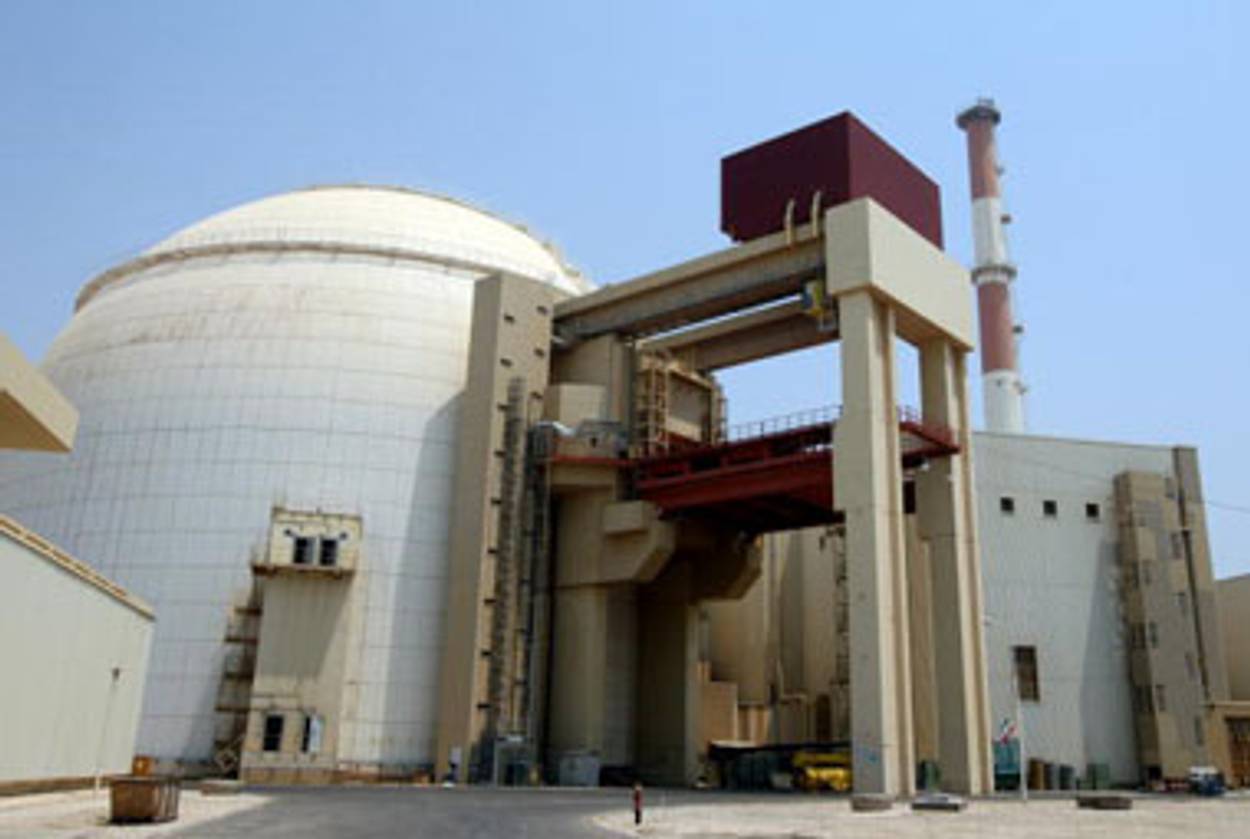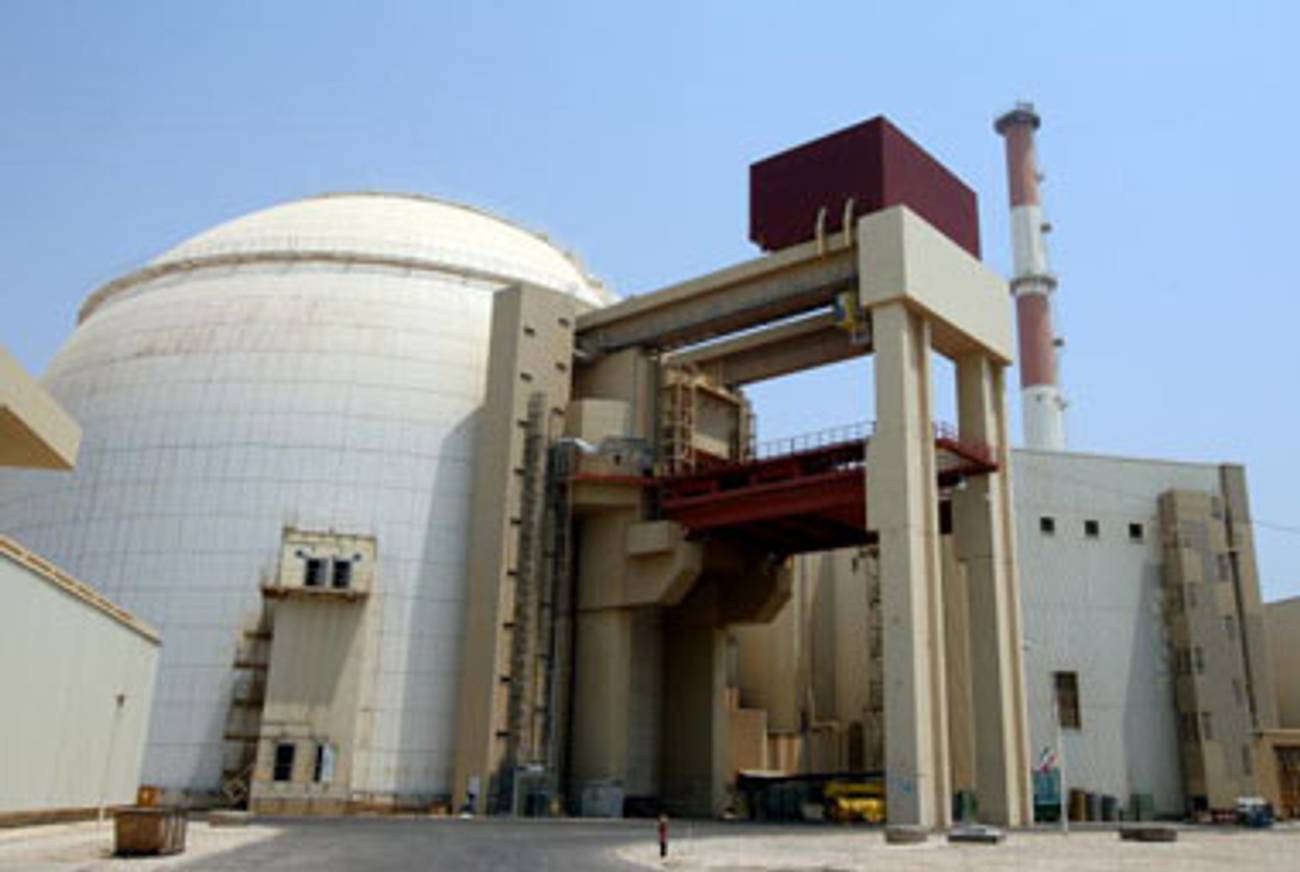Iran Makes Nuclear Progress
While U.N. concludes Syrian site was atomic




Yesterday, the United Nations nuclear watchdog formally found it was “very likely” that the site in Syria destroyed in 2007 by Israeli planes was an undeclared (and therefore illicit) nuclear reactor, and also announced that it has received information about Iran’s nuclear weapons program indicating substantial progress as well as a measure of recovery from the infamous Stuxnet virus.
The Syrian news is something of a formality: Two U.S. administrations and most experts have long concluded that the Syrian site was indeed a nuclear reactor. But the Iranian news is a bit of a bigger deal. The International Atomic Energy Agency—which did not source its information—said it has detected Iranian work on a trigger technology whose sole conceivable purpose is to detonate a nuclear weapon. “There’s no commercial application,” said a former head of the U.S. laboratory at Los Alamos. “I don’t know of any peaceful uses.” Further revelations indicate that Iran had the aid of Pakistani nuclear scientist A.Q. Khan, the world’s worst proliferator and, more recently, a Newsweek contributor. (The Times also reports that Stuxnet is now believed to be the work of “United States, Israel and some European allies,” which is a grouping I haven’t seen before.)
While the United States would love to refer Syria to the U.N. Security Council over its reactor, ironically, the Assad regime’s violent crackdown on internal protesters, and Britain and France’s move (backed by the U.S.) to pass a binding Security Council condemnation, will likely forestall action on the nuclear front. So maybe Khan was in a way right when he argued (in Newsweek) that nuclear nations are more difficult to push around?
U.N. Report Concludes That Syrian Site Destroyed in 2007 Was a Nuclear Reactor [WP]
Watchdog Finds Evidence That Iran Worked on Nuclear Triggers [NYT]
‘I Saved My Country From Nuclear Blackmail’ [Newsweek]
Britain and France to Press for U.N. Security Council Condemnation of Syria, Risking a Russian Veto [Turtle Bay]
Marc Tracy is a staff writer at The New Republic, and was previously a staff writer at Tablet. He tweets @marcatracy.